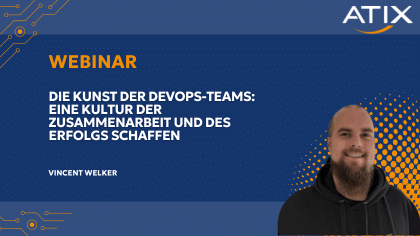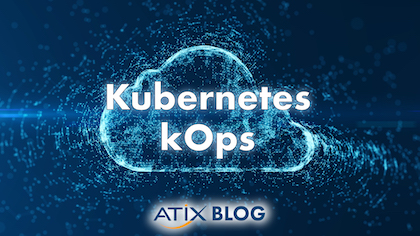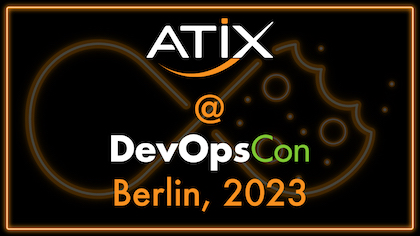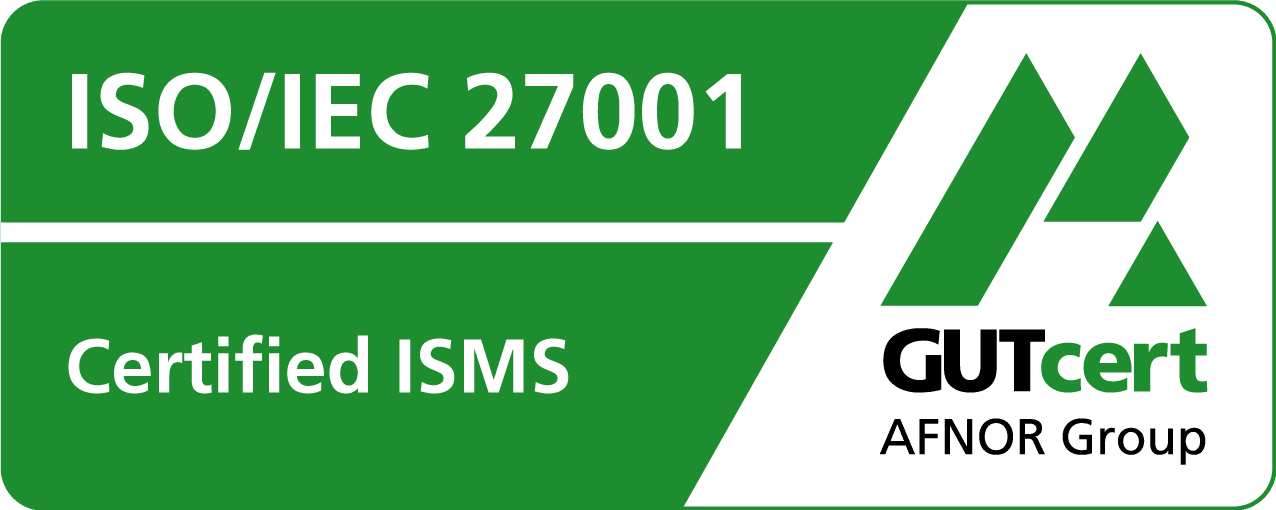DevOps
DevOps is an approach that fosters collaboration between development and IT operations teams, aiming to improve product quality and speed up time-to-market through automation and continuous process efficiency.
Here you will find informative articles on DevOps tools such as Ansible, Docker, Kubernetes and Terraform as well as valuable insights into the DevOps culture. Discover how modern technologies and best practices can optimize your IT processes.














